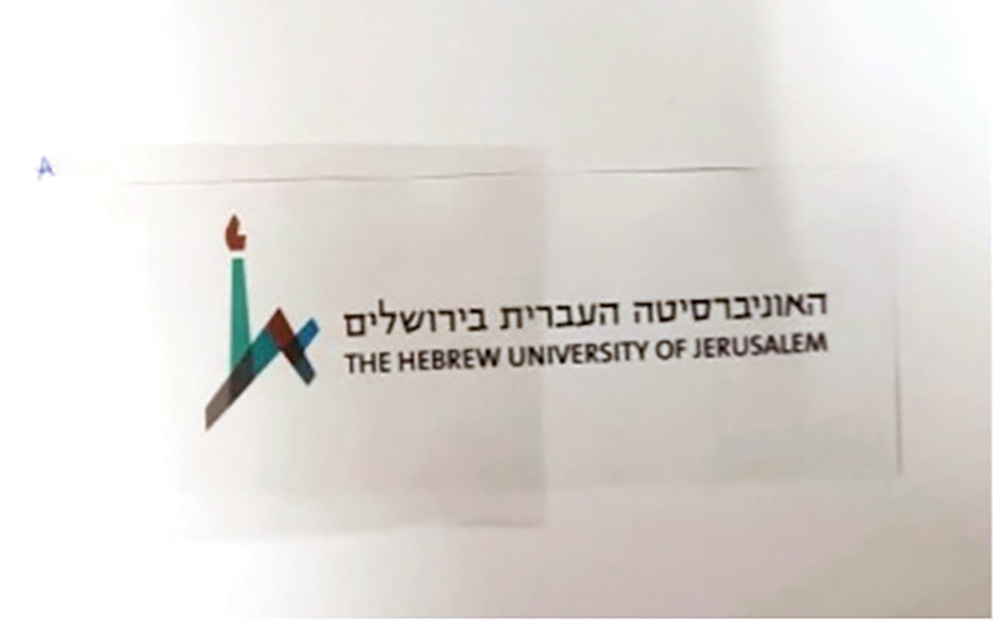
(Courtesy of Hebrew University) A safe new method to prevent mosquito bites using a skin coating from naturally occurring cellulose nano-crystals (CNCs) has been developed by researchers at the Hebrew University of Jerusalem.
According to a new study published in PNAS NEXUS, applying the thin CNC coating on human skin decreased the number of mosquitoes feeding by 80%. Cellulose nano-crystals (CNCs) are a renewable raw material produced from wood, cotton, or other cellulose-rich sources and are used in cosmetics, composites, food packaging, and medical devices. CNCs are known to self-assemble in strong, transparent, chemical barrier films.
“Combining CNCs with the mosquito repellent indole confirmed its excellent potential as safe and sustainable mosquito prevention,” said lead researcher Prof. Jonathan Bohbot, of Hebrew University’s Robert H. Smith Institute of Plant Sciences and Genetics in Agriculture, Food, and Environment. “CNC biocompatibility, ubiquity, and the potential for cost effective mass production could result in a new generation of mosquito personal protective measures (PPE).”
Existing protection methods against mosquitoes are limited and include volatile compounds that actively repel mosquitoes such as N,N-Diethyl-meta-toluamide (DEET) or other essential oils such as geraniol and citronella.
CNC appears to act as a chemical camouflage to the many cues sought by the insects and was found to reduce the blood feeding in the mosquito, Aedes aegypti. It was tested on a single human hand and on an artificial feeding system by assessing the eggs laid after feeding with and without CNC. The combined effect of CNC with indole reduced egg laying post exposure to mammalian blood close to zero, with 99.4% fewer eggs compared to the control.











